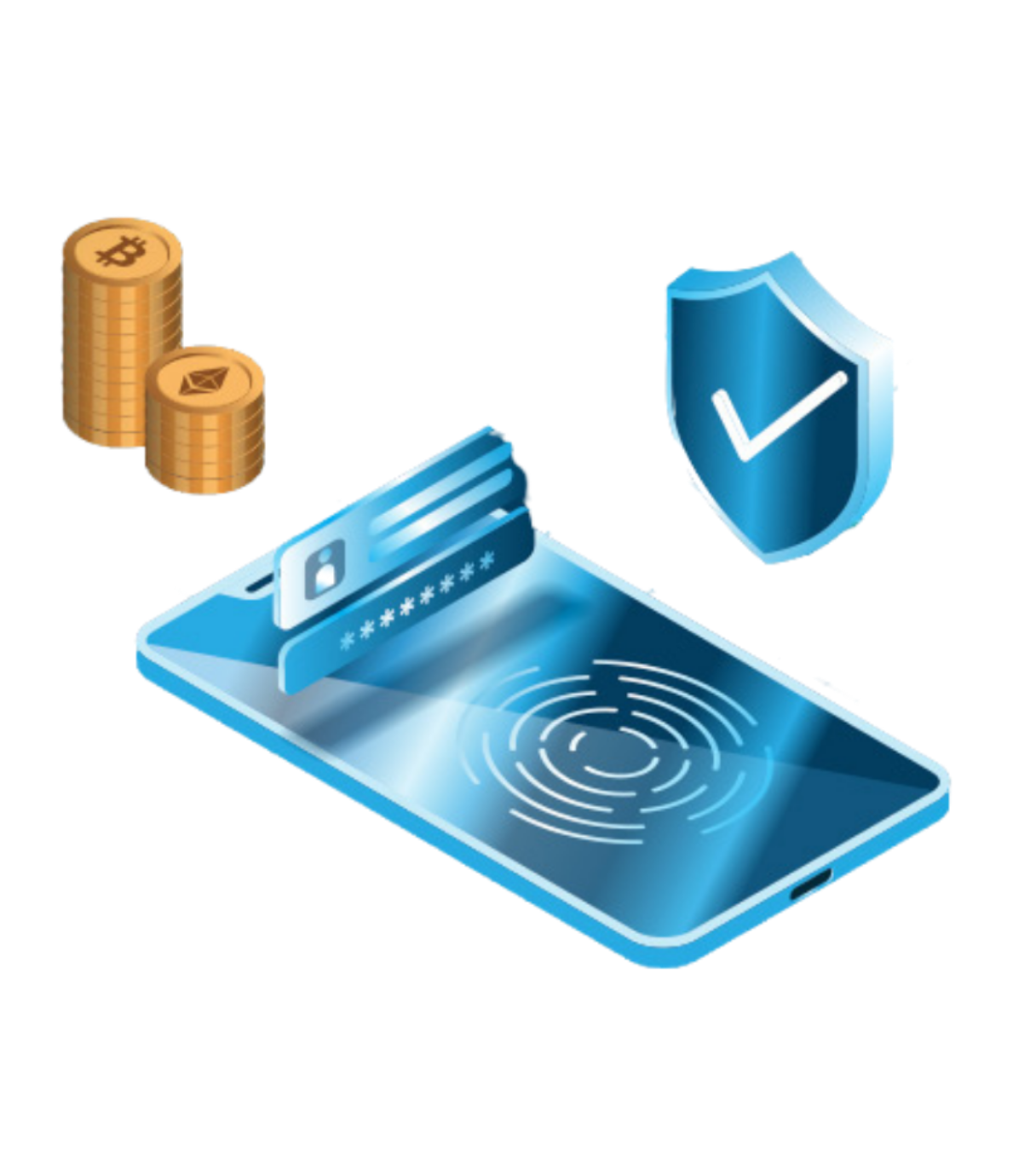
The Top DeFi Wallets for Crypto Beginners
Crypto Wallets are a must-have when it comes to Crypto trading. In this article, we will highlight the top DeFi wallets for Crypto beginners to ensure the safety of your funds.
Decentralized finance (DeFi) is a new way to organize and use trades, exchanges, and financial services based on cryptocurrencies.
There is no centralized authority in DeFi. Instead, authority is spread and decentralized to give individuals more power and control.
Using a peer-to-peer (P2P) approach, all transactions for buying, selling, lending, and payments with cryptocurrencies can occur without a central authority in the DeFi model.
Asset custody is a critical component of any financial paradigm. Individual traders have authority over the private cryptographic encryption keys that enable cryptocurrency asset custody in the DeFi technique.
Financial transactions are possible using smart contracts, frequently supported on Ethereum-based blockchains.
What are DeFi Wallets?
Decentralized finance (DeFi) has become a big deal in crypto. With DeFi, many new and powerful financial goods make financial services easier and more accessible.
But if you don’t have a Web3 DeFi wallet, it’s almost impossible to use these sites. Users can access decentralized finance applications’ goods and services using these wallets.
A DeFi wallet is a way to store your Bitcoin assets that don’t give anyone else access to them.
Only people who know your wallet’s seed phrase or private key (like a password) can get your money.
Governments can’t do things like freeze the account, but they can tell a token issuer to stop sending assets to platforms or make some assets useless.
Wallets issued by decentralized services differ from those published by controlled exchanges. Like a bank, you give up some control over your possessions.
On the other hand, deposits to banks are often regulated and insured by government deposit programs, which is a significant distinction between a bank and a cryptocurrency exchange.
Those who had their money stolen from them on exchanges like Mt. Gox, Quadriga CX, and Einstein Exchange have had difficulty getting it back.
Hardware and software wallets are the two main categories of non-custodial cryptocurrency wallets. Companies like Ledger and Trezor make the former type.
You can buy these “cold storage” devices that resemble USB sticks (thumb drives) and store your money offline.
Software wallets are digital money accounts that may be accessed and managed from a computer or mobile device. To put it simply, they rarely cost anything. Three well-known examples of Software Wallets include:
- Metamask
- Wallet Connect
- Rainbow Wallet
Now that we know what DeFi Wallet is, let us delve further into the top DeFi wallets for Crypto Beginners.
Top Crypto Wallets
If you want to trade in cryptocurrency in a decentralized way or get a return on your holdings that aren’t being used, you need to open a DeFi crypto wallet.
Here are a few of the best DeFi wallets on the market.
- Bidget wallet
- Floin
- Ledger
- MetaMask
- Coinbase wallet
- Trust Wallet
Bitget Wallet
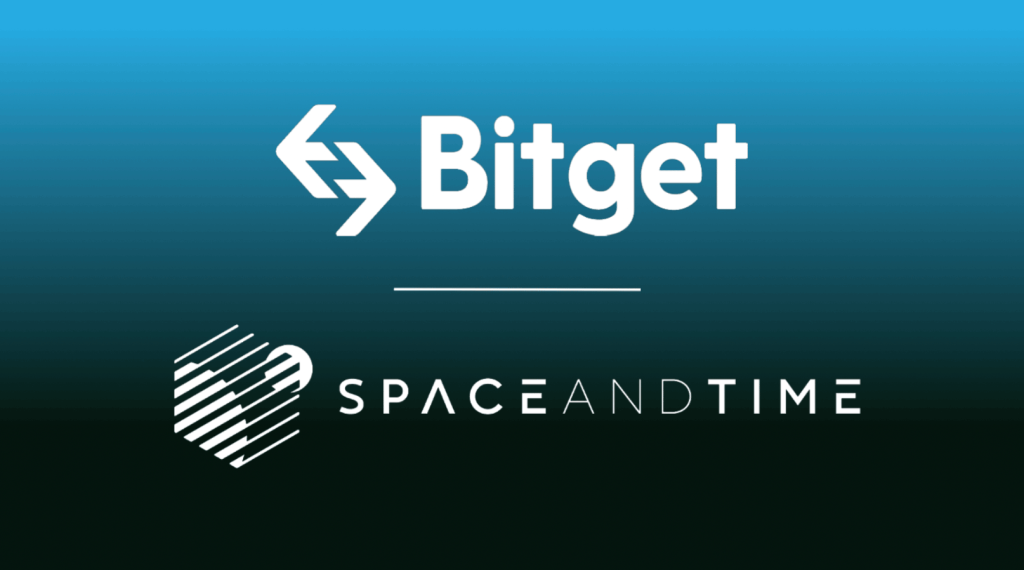
Bitget Wallet is a decentralized cryptocurrency wallet with over 255,400 coins and over 90 blockchain networks.
It lets people safely handle their crypto assets, swap tokens between chains, learn about NFTs and DeFi protocols, and participate in IWOs (initial wallet offerings).
It also has a special DESM (Double Encryption Storage Mechanism) and a Secure Asset Fund to protect users’ assets from being stolen or lost.
Bitget Wallet has over 8 million users worldwide and is Asia’s biggest digital wallet.
Floin
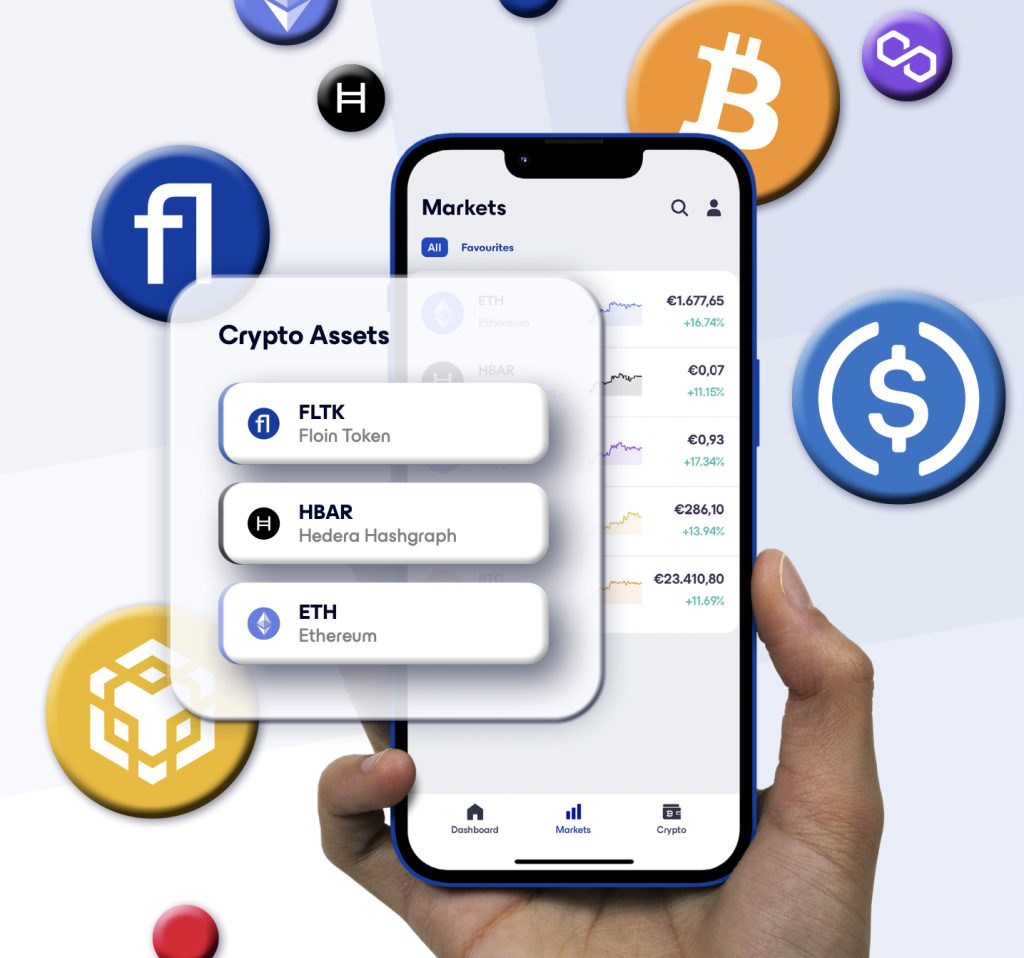
In 2023, Floin became a fully regulated digital asset haven, making it one of the top DeFi wallets. Floin is a FinTech company building a new ecosystem for trading, exchanging, and storing digital assets.
The most excellent part of storing your cryptocurrency in a Floin wallet is that it complies with all applicable regulations.
Generally speaking, crypto firms will avoid regulation for fear of damaging their business, with some even taking their operations abroad to avoid stricter laws.
Floin is the antithesis because it actively seeks to adopt regulation. The business is headquartered in Lichenstein, a nation whose legislation is widely recognized for its progressive treatment of blockchain technology.
Floin is now a fully certified Virtual Assets Service Provider (VASP) after spending a year working closely with Liechtenstein’s regulatory agency, the Financial Market Authority.
To top it all off, they are compatible with Know-Your-Customer (KYC), Know-Your-Business (KYB), and Know-Your-Transaction (KYT) standards using SumSub, Modulr, and NotaBene, three of the most well-known verifiers in the industry.
The DeFi wallet is a sleek and convenient way to keep all your cryptocurrency in one place.
A fiat wallet, complete with VISA connectivity, will be added in the coming months, allowing users to buy cryptocurrency with credit or debit cards in addition to Google Wallet and Apple Pay.
The Floin wallet’s groundbreaking tokenized project marketplace is one of the most fascinating aspects of the product. Security tokens from only the most trustworthy projects will be listed in this marketplace.
Ledger
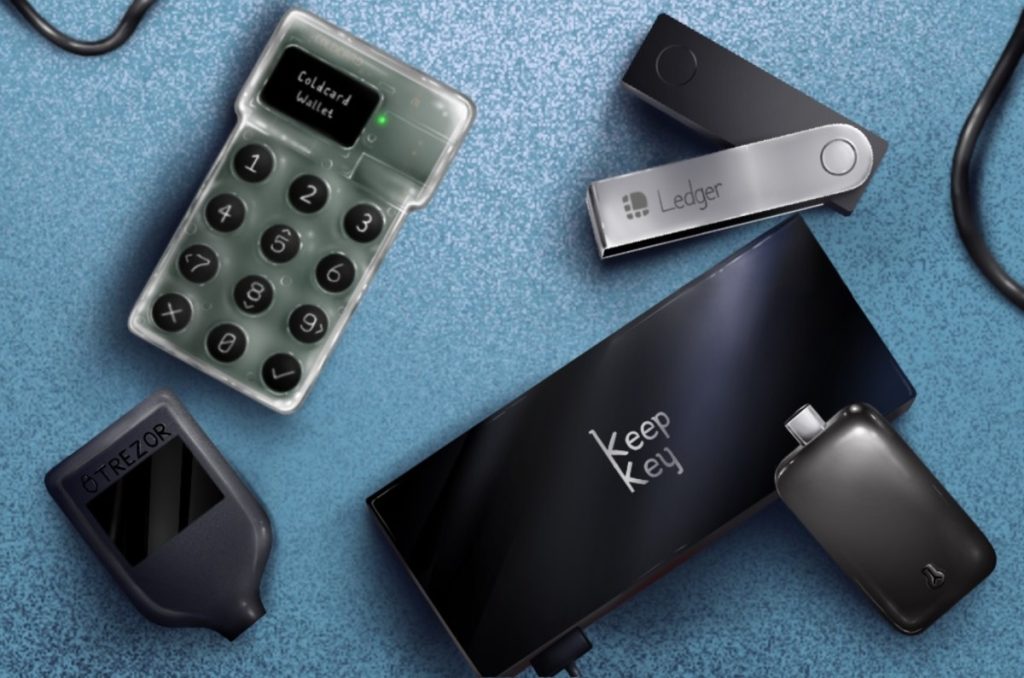
First up is Ledger, a hardware wallet that makes it easy to store and handle digital assets like Bitcoin, Ethereum, and others. Ledger is an excellent choice for people who want to keep their crypto funds safely and reliably.
Ledger also works with popular software wallets like MetaMask, so users can control their private keys even when not connected to the internet.
Ledger also has a mobile app that lets you keep track of your investments.
MetaMask
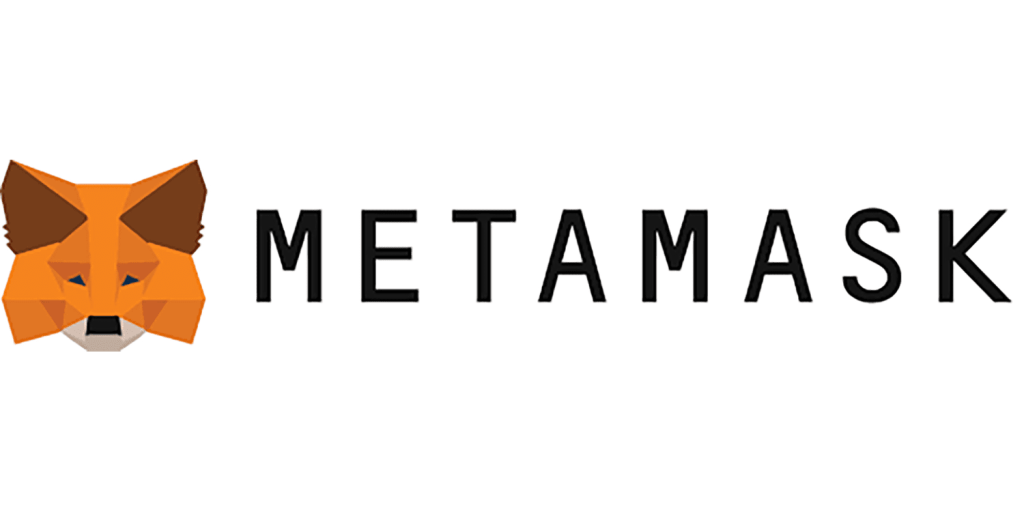
To store, send, and receive Ethereum and ERC-20 tokens, you can use a digital wallet like MetaMask. To keep and trade BEP-20 tokens, the Binance Smart Chain network can be added to Metamask manually.
In 2016, Aaron Davis and Dan Finlay set out to create a tool to aid cryptocurrency traders. The MetaMask wallet is an add-on for popular browsers that enables them to interact with the Ethereum network.
MetaMask’s benefit is that it enables users to interact with Ethereum without downloading the entire blockchain. In reality, a full Ethereum node is not required to run a decentralized application built on Ethereum.
The wallet integrates a web3 object into the current webpage using JavaScript.
Remember that this has no bearing on the functionality of the website. Instead, it merely provides a means of linking to the Ethereum network.
Coinbase Wallet
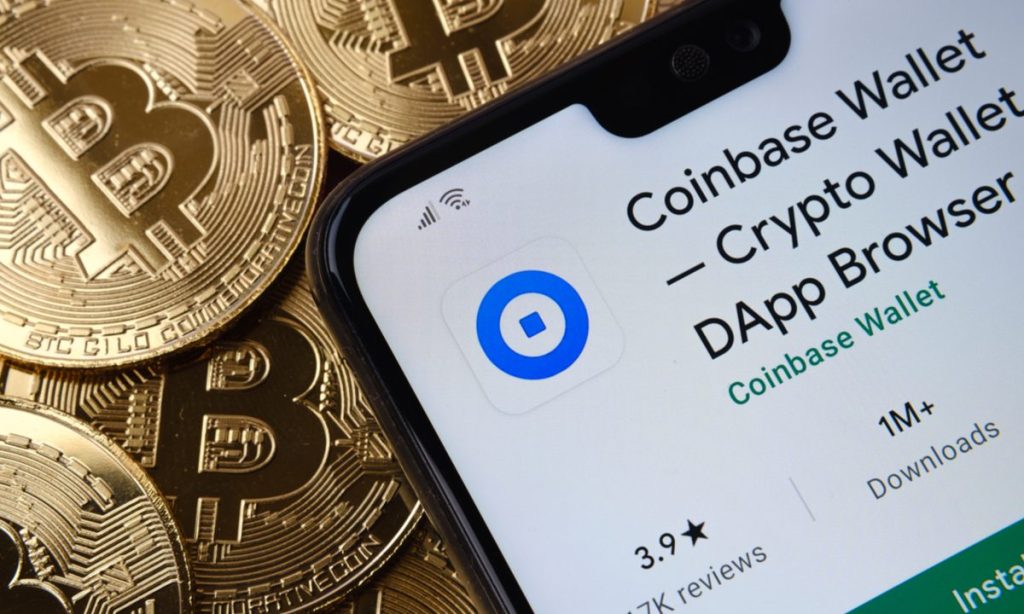
Coinbase Wallet is a Bitcoin wallet that the user completely controls. Your wallet’s private keys (which represent Bitcoin ownership) are stored on your mobile device rather than in a centralized cryptocurrency exchange.
Coinbase Wallet is distinct in that it operates independently and does not require you to sign up for an account on the Coinbase crypto exchange.
On the other hand, Those who understand how to use Coinbase can use a variety of advantages that the exchange provides.
The Coinbase Wallet is considered one of the safest mobile wallets on the market.
It was designed to support Ethereum and ERC20 tokens, but it has subsequently been expanded to support a variety of other cryptocurrencies, including Bitcoin.
Even if you’re new to cryptocurrency trading, this program makes sending, receiving, and storing money straightforward.
Trust Wallet
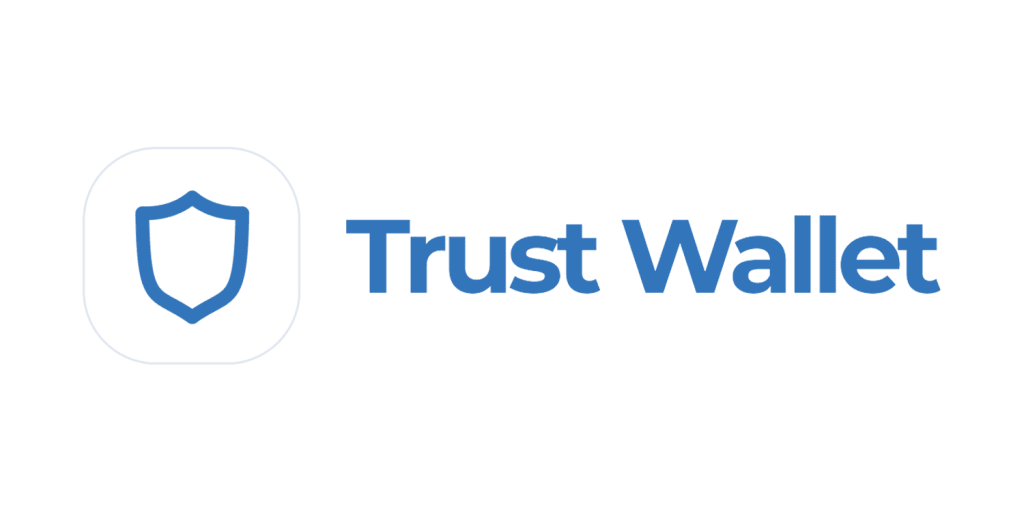
Even though it’s part of the Binance family, Trust Bank is a decentralized cryptocurrency bank that doesn’t hold any of your coins. Most of you know that Binance is the biggest crypto exchange in the world.
Even though it’s centralized, Trust Wallet isn’t, and it’s completely separate from the exchange. So, you won’t have to think about Binance’s problems with the US government.
The wallet doesn’t store your private keys or data, and it’s not connected to Binance.
This makes it decentralized, but it also means you have to connect to Binance to use any of its many services.
Still, Trust Wallet has a lot of choices of its own. It supports millions of tokens, cryptocurrencies, and non-fungible tokens (NFTs) and links to many decentralized applications (dApps).
If that wasn’t enough, it also has a Web3 browser built right in.
Bottom Line
Anyone using the decentralized financial environment must have a DeFi wallet. But not every DeFi Crypto wallet is made the same. Some have more functions, are safer, and are easier to use than others.
We looked at some of the best DeFi Crypto wallets you can buy now. This guide will help you choose the best DeFi wallet for your needs and tastes.





